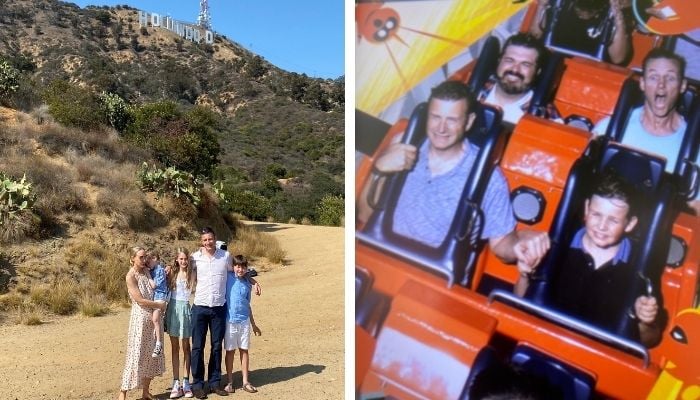These days, there is a growing focus on the fact our scarcest resource isn't our money, it's our time.
But, perhaps our scarcest resource is something else?
Discover what’s been keeping me up this week by reading on.
This week I enjoyed Tony Isola’s Attention Is The Cash Value Of Time.
Isola says it's not time that is our scarcest resource either... it's attention, and how we focus our time.
After all, having more time - e.g., living to 100 - doesn't guarantee happiness.
What determines happiness in our lives is how we focus the attention we have (thus why forgiveness is so important, as ruminating on our the many challenges and sleights in life ultimately just focuses our attention on the very thing that brought us sadness).
This means it's extremely important to be conscious in determining how we focus our attention.
In this context, money is still critically important, because it gives us more freedom to focus our attention as we wish, on the things that we can enjoy the most.
For example, my last fortnight has consciously focused on having experiences and making memories with my children, rather than my work.

Unfortunately, though, we often don't realise this until our later years... when our health may have declined to the point that we can't enjoy our money as much as we used to.
Nonetheless, the point simply remains that, regardless of age, the growing focus is not just on money, nor time, but how we focus our attention with the time that we've got.
A recent InvestmentNews article highlighted a survey of current retirees, who state the non-financial aspects of retirement are equally important to the financial parts, including:
- how to live a healthy life;
- how to maintain or improve family relationships; and
- how to find activities that impart a sense of purpose for the time we have left.
Perhaps it is no coincidence that I am also currently reading Cal Newport’s Deep Work: Rules for focused success in a distracted world. Cal talks about the many distractions of the modern world and how to remain focused on what matters.
On the topic of happiness, in his book Too Soon Old, Too Late Smart, Gordon Livingston highlights how one of the greatest drivers of our mental health is our ability to choose; in other words, the more choices we have, the happier we tend to be, often even regardless of what those choices are (as even being able to have some control over a number of less-than-ideal choices is still better than having no control over our situation and no choices at all!).
Yet the irony is that because human beings are typically risk-averse, we tend to resist change and remain with the status quo (e.g., sticking with the same job until we get fired or retire, even if we're otherwise unhappy with it). I
n other words, even though we tend to be happier with more choices, when it comes to careers, in particular, we tend to resist putting ourselves in a position to even have choices in the first place!
Or stated more simply,
"If we take counsel of our fears, particularly our fear of change, it is hard to choose a life that makes us happy!"
Finally, I enjoyed The More Options You Have, The Happier You Are by Darius Foroux. In Foroux's context, he focused on developing skills - ones that can have application across a wide range of industries - because that gave him more choices and flexibility around the career (and even the industry) that he chose.
Of course, taking on that focus - to build the skills, savings, or whatever it takes to have more career and other options - does itself take discipline and personal sacrifice.
But that's also the point - while having more choices can build happiness, it does come at a cost of taking the risk of investing into ourselves in the short term, in order to gain that long-term benefit.
A question for you:
How are you investing in yourself today to create more choices (and happiness) for yourself in the long run?
This week’s meditations:
"Time is what we want most, but we use worst"
- William Penn
"Attention is the rarest and purest form of generosity"
- Simone Weil
If you liked this post, please share it using the social buttons at the top, or just forward them this blog.
Have a great weekend and enjoy the ‘light’ reading!
Attention is the cash value of time by Anthony Isola
Rethinking retirement in the wake of the pandemic by InvestmentNews
Cal Newport’s Deep Work: Rules for focused success in a distracted world
Too Soon Old, Too Late Smart by Gordon Livingston
The More Options You Have, The Happier You Are (Darius Foroux)

